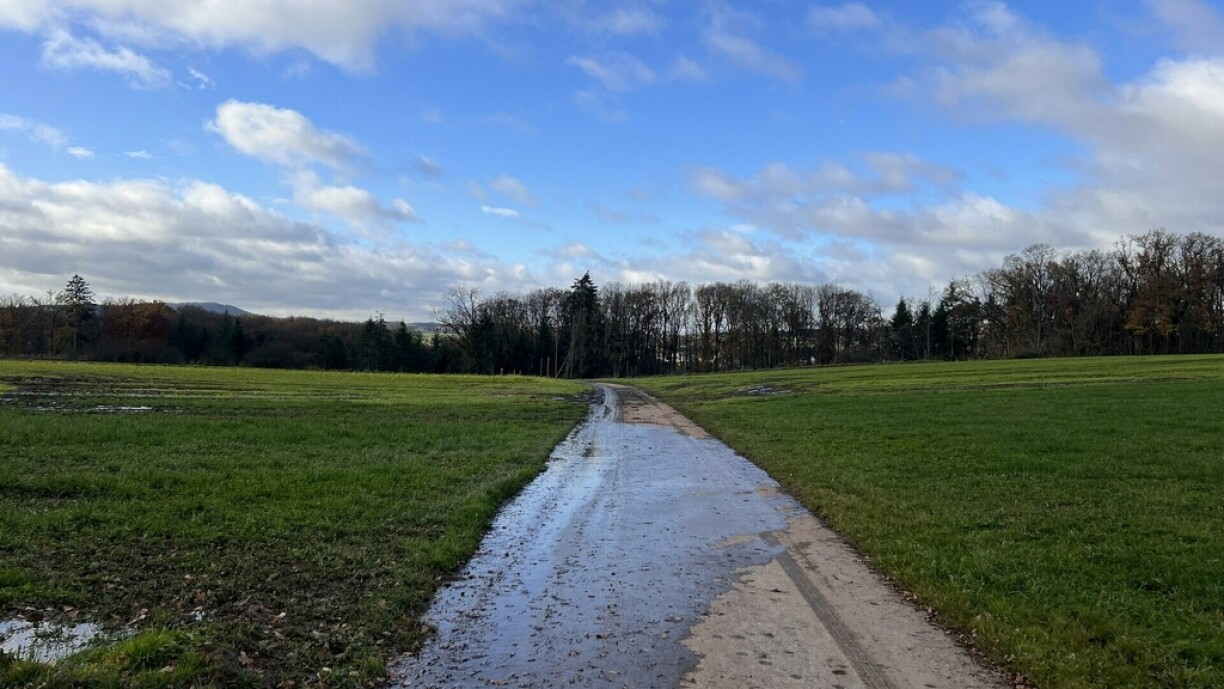
Last week, the US tech giant unveiled its largest investment package to date in Germany: €5.5 billion by 2029. This comes on top of recently announced investments of €5 billion in Belgium and €5.6 billion in the United Kingdom. These are major commitments that will boost local economies while strengthening Europe’s capabilities in AI and cloud computing. But they also raise the question of whether Google still intends to pursue its eight-year-old project in Luxembourg.
During the Berlin presentation, German Finance Minister Lars Klingbeil hailed Google’s announcement as a crucial signal that Germany remains a leading high-tech hub.
Philipp Justus, head of Google Germany and vice-president for Google Central Europe, said the “economic multiplier effect” would be significant. “We assume that our investments will secure around 9,000 jobs in Germany every year”, he added.
A similar mood prevails in Belgium, where Google continues to expand its site in Saint-Ghislain, generating an estimated €1.5 billion per year for the Belgian economy.
Google purchased 33.7 hectares of land in Bissen at the end of 2017. Since then, progress has been slow. By coincidence, Prime Minister Luc Frieden met Google representatives in California last week. Asked about the discussions, he said their content was confidential. The Ministry of the Economy, however, confirmed that “the government remains confident that a project for a data centre in Bissen could become a reality”.
Bissen mayor David Viaggi shares that view: “I don’t think the project is dead, because we as an administration are still in contact with people from Google and their entourage.”
The environmental impact study has reportedly been completed, and Google submitted a building permit application in mid-August. For Viaggi, these are tangible steps forward:
“It’s important for us to have this data centre in Bissen. We think it can benefit us and the country. We need it, but not at any price. And from what has been requested so far – we haven’t approved it yet – the designs remain within very reasonable building standards. The building won’t be higher than what already exists in the industrial zone. The footprint is larger, but the plot is also much larger.”
Between the first draft and the current version, Google has significantly reduced the scale of the project – from XXL to L, as local officials put it. The data centre would even be lower than the parking structure at the Automobility Campus, and an administrative building is also planned. The technical plans have evolved as well.
“We now know the facility will no longer use water for cooling, but air”, Viaggi explained. “There are ongoing discussions and initial analyses about how to reuse the heat produced. We will probably receive proposals on that front too.”
This approach mirrors what Google presented in Germany. Marianne Janik, vice-president of Google Cloud Northern Europe, said both German locations were designed with sustainability in mind: “We are launching Google’s first heat recovery project in Germany. Once completed, the data centre will provide heat to more than 2,000 local households.”
The Bissen project is not yet under construction. Much remains theoretical, and significant infrastructure work must be completed before any building can begin – including the realignment of the N7 near the Baatz company.
“The Roads and Bridges Authority has to put this to tender”, Viaggi said. “I was told recently that they’re close to doing so. I don’t want to point fingers every time, but we urgently need this.”
For now, the plans are progressing slowly – Google on its designs, and Luxembourg on the groundwork that must come first.
Bissen council approves key agreements for Google data centre